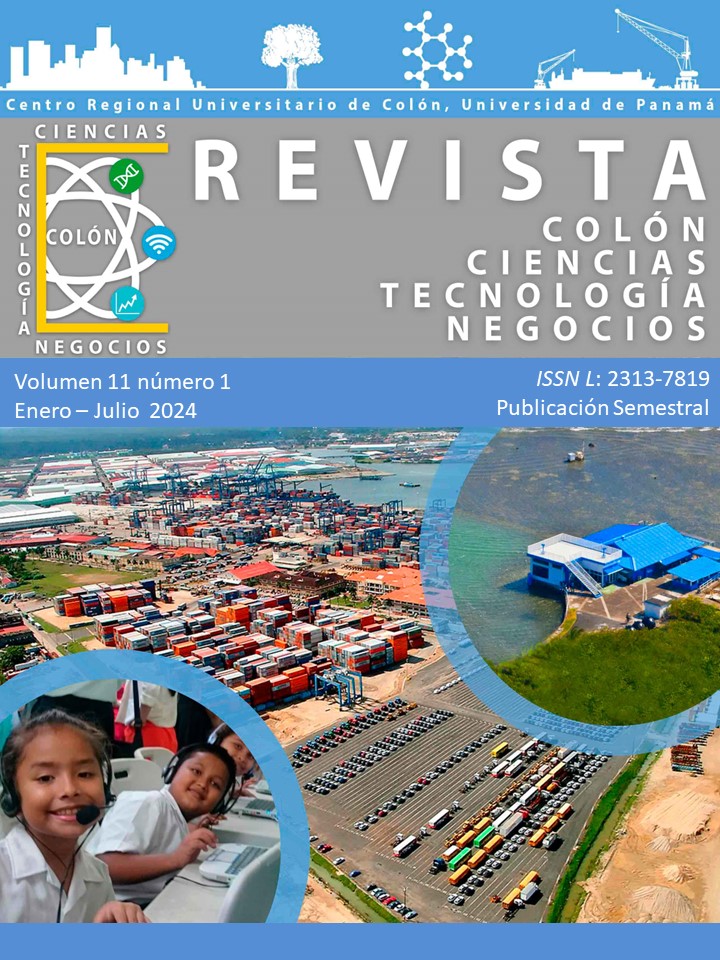

Copyright (c) 2024 Revista Colón Ciencias, Tecnología y Negocios

This work is licensed under a Creative Commons Attribution-NonCommercial-ShareAlike 4.0 International License.
To review the cooperative process and savings and credit cooperatives in Panama, non-experimental qualitative research was carried out addressing primary and secondary sources of information, which allowed us to know what was necessary to carry out the collection and analysis of data to respond to the aim. The primary sources through interviews with key members in each of the two cooperatives identified as Cooperative A and Cooperative B, helped identify the data that the authors were looking for to characterize the situation of the cooperatives in the local environment, because what The interest here is not to know the responses of one with respect to the other, but to identify the elements that highlight the situation of savings and credit cooperatives in Panama. It was complemented with the documentary technique, and those specific documents related to the subject of the research, using books, scientific articles, laws, theses and web information as instruments. The results showed that in savings and credit cooperatives the most important characteristic factors were made known by their interviewees, stating that they are those that directly influence their operational activity, among which are capital, profits obtained by the company and the complete resources that the organization has to face the changes that occur, concluding that the internal factors that are part of the competitiveness of the financial companies that are part of the cooperative movement are directly related to the internal behavior and functionality of the companies. organizations such as the capacity for behavior such as the capacity for problem solving, the number of members of the organization as well as the loyalty that they present to them can be found.